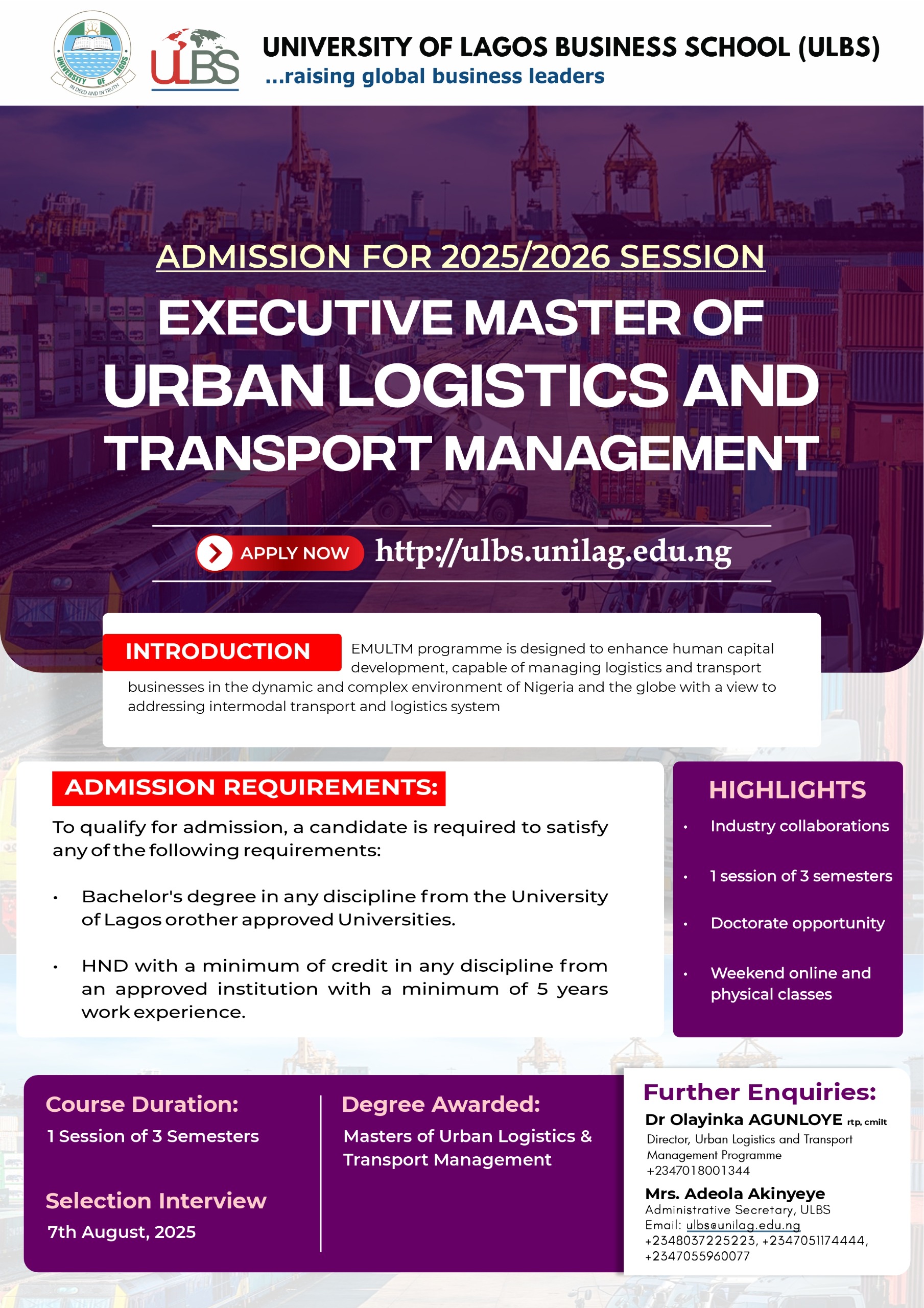Ayo Baje
There is no doubt that Artificial Intelligence (AI) has transformed the way we live and
work. Like any groundbreaking invention, it has faced opposition, particularly from
academic circles. While AI offers immense benefits, its misuse poses significant risks,
especially in Nigeria, where it has become a tool with dual impact, both for progress and
a weapon for misinformation.
Nigerians are leveraging AI in diverse ways, with some young digital entrepreneurs
exploring lucrative opportunities, while others misuse it to spread false information. For
instance, it has become alarmingly common to hear baseless claims, such as the
Nigerian government is banning monogamy, appointing a new Secretary to the
Government or I would not be surprised if we wake up to the fake news of the
The government prohibits garri, a staple food. Without proper policy regulations, such
misinformation could severely damage the country’s reputation.
Academics have raised concerns that the overreliance on AI is homogenizing
intellectual voices. In the knowledge ecosystem, originality is fading as AI often
produces repetitive content, particularly for users unfamiliar with prompt engineering.
This trend threatens the uniqueness of individual thought, cultural perspectives, and the
distinctiveness that defines us as a society.
It is crucial to recognise and preserve our unique voices. The world values originality,
yet AI risks eroding the very qualities that make our ideas and cultural expressions so
unique. All hope is not lost as we have an opportunity to reskill, which plays a crucial role
in easing AI-related anxieties. Adapting to the rapidly changing job market and reducing
fears of obsolescence. As AI automates certain tasks, reskilling allows individuals to
transition into new, in-demand roles that complement AI technologies rather than
compete with them.
Beyond academic concerns, AI can also affect mental well-being. Many young adults
experience anxiety when trying to meet the high expectations of peers, friends, and
lecturers. The guilt of relying on AI-generated content is perfect; work can trigger “impostor
syndrome”. making individuals feel like frauds.
Without proper guidance, this can escalate into serious mental health issues. If you
have ever felt this way, you are not alone. Occasional self-doubt is natural and can even
be a catalyst for growth. However, it is essential to celebrate small victories, maintain
self-belief, and strike a balance between that and self-doubt.
AI is no longer a futuristic concept, it is a present reality. The sooner we adapt to it, the
better. As Africans, we must develop AI solutions tailored to our unique challenges
rather than merely adopting foreign technologies.
A critical yet often overlooked aspect is prompt engineering. This skill allows users to
retain their original voice while enhancing the clarity and precision of their work. There is
no shame in using AI, what is counterproductive is expecting it to perform without clear,
well-structured prompts.
AI should be embraced as a tool with caution; the right strategies must be used in
optimising your work, businesses, and even writing. Just as calculators assist
mathematicians without replacing their skills, AI aids writers without supplanting
creativity. By adopting ethical and strategic AI usage, Nigeria can harness its potential
while safeguarding originality and intellectual integrity.








